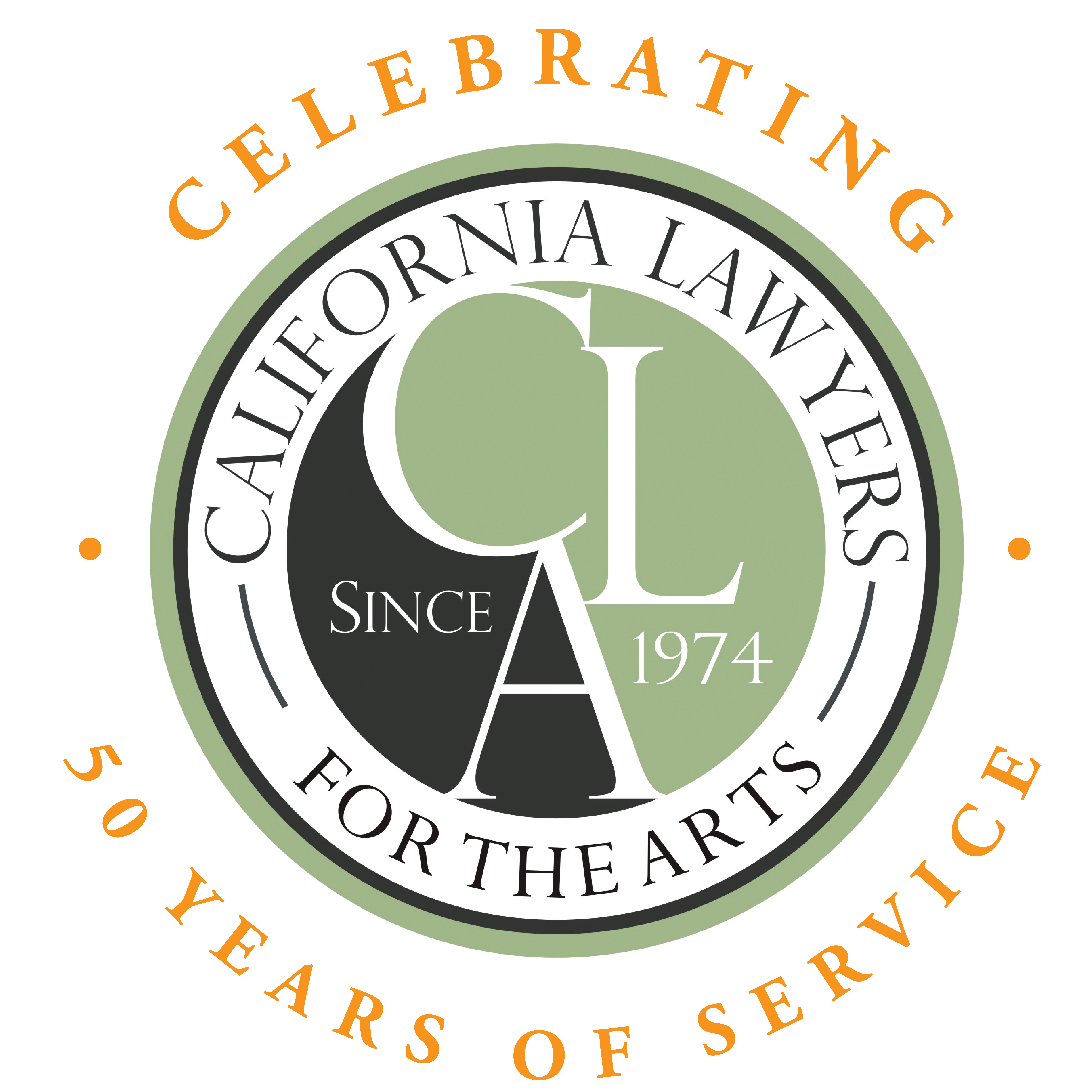| CALIFORNIA LAWYERSFOR THE ARTSServing the Creative Arts Community Since 1974 |
MEDIATION DEFINED
Mediation is a process that encourages and supports communication between parties who are in dispute. The purpose of mediation is not to judge guilt or innocence, but to help people in conflict get at the root of their own problems and to help them devise their own solutions. The purpose of the mediation is to give the parties an opportunity to meet and try to resolve the situation in a protective setting. All mediations are confidential-no one may discuss or use comments in subsequent litigation- and private. Mediations also protect people by providing a structured environment for interacting with the other side.
A mediator is a neutral third party who is trained to facilitate communication, help parties articulate their main points of disagreement and encourage them to devise their own resolutions. Neutral means someone who has not had any prior contact with the parties and has no vested interest in how the situation is resolved.
A mediator might try to strengthen communication between the parties, and thereby encourage negotiation or resolution, by asking questions about how the disagreement occurred, asking parties to clarify or repeat positions, help parties identify items for discussion, solicit parties' suggestions on ways to resolve the problem and help the parties draft an informal written agreement if resolution is achieved. The most important function of a mediator is to get the parties to listen to one another.
In a typical mediation session, the parties meet with two mediators in one room. The mediators introduce themselves and outline the ground rules and procedures for discussing the issues. These ground rules include boundaries for proper interaction and maintaining a respectful and non-abusive atmosphere. Usually, the mediators start by asking each party to describe their perception of the dispute. After the issues have been identified, the mediators ask the parties about their perceptions of matters under discussion, help parties identify underlying needs and solicit suggestions for solving each problem or conflict. The mediators use a variety of communication methods such as asking questions, restating parties' comments and brainstorming possible solutions. One method that mediators use is caucusing. Caucusing is where the mediators meet with each party on a one-on-one basis in order to allow them to speak privately with each party. Each party is guaranteed equal time with the mediators during a caucus.
If the parties are able to come to an agreement on some or all of the issues, the mediators help them draft a binding mediation agreement. Parties are not obligated to sign such an agreement during the mediation.
CLICK HERE to request AAMS assistance online!

